DJI, the leading Chinese drone manufacturer, has issued a detailed statement addressing concerns over a potential U.S. executive order that could ban Chinese-made drones, as reported by DroneXL.
The executive order, which President Trump is expected to sign soon according to recent reports, aims to address national security risks by potentially restricting companies like DJI from selling in the U.S., a move that could disrupt the drone market for recreational and professional pilots.
In response, DJI has outlined its commitment to privacy and security, seeking to reassure users and stakeholders.
The potential executive order would accelerate the national security Review process mandated under Section 1709 of the FY2025 National Defense Authorization Act, which replaced the more restrictive Countering CCP Drones Act in the final legislation. This mandate requires an evaluation of whether Chinese manufacturers like DJI pose an “unacceptable risk” to U.S. national security through their communications and surveillance equipment.
While the original Countering CCP Drones Act calling for an immediate ban was excluded from the final NDAA, Section 1709 provides a structured review process that could still result in restrictions if security risks are identified.
A listing on the FCC Covered List could block DJI from launching new products in the U.S. market. DJI’s statement directly counters these concerns with evidence of its safety protocols.A DJI spokesperson stated:
While we currently do not have additional information regarding the development of potential executive orders, DJI welcomes and embraces any opportunities to demonstrate our privacy controls and security features.
The current language in Section 1709 of the FY2025 National Defense Authorization Act (NDAA) mandates that “within one year of enactment, a designated national security agency must evaluate whether communications and video surveillance equipment (from DJI and another Chinese manufacturer) pose an ‘unacceptable risk’ to U.S. national security.
The law further mandates that DJI will be automatically added to the FCC Covered List if no national security agency conducts such an analysis. This would result in DJI not being able to launch new products in the U.S. market, not through any fault of its own, but simply because no agency undertook the study of our products.
The spokesperson further emphasized:
DJI has long advocated for policies based on technological merit, not country of origin. We look forward to continuing to engage with the proper government authorities to ensure that any decisions are made based on the quality and safety of our products.
DJI highlighted independent validations of its products’ security, addressing fears of unauthorized data sharing. The spokesperson explained:
There is no evidence shared with us indicating that DJI drones send sensitive data to any unauthorized parties. On the contrary, several independent firms, including Booz Allen Hamilton and FTI Consulting, as well as American government agencies such as the U.S. Department of the Interior and Idaho National Laboratory, have conducted independent audits of DJI products. These audits have found that the tested products are safe, secure, and do not transmit data to China or any other unauthorized parties.
This directly addresses concerns raised by the U.S. intelligence community, as noted in the DroneXL report, about potential vulnerabilities in Chinese-made drones. For operators using models like the DJI Mavic 4 Pro, Air 3S or the Mini 4 Pro—known for its compact design at under 0.55 pounds (249 grams) and advanced features like 4K video and obstacle avoidance—these audits provide reassurance about the safety of their equipment.

DJI also underscored its commitment to giving users control over their data, a critical concern for pilots in sectors like aerial surveying, filmmaking, and search-and-rescue. The spokesperson detailed:
DJI gives users of its products control over the data they generate. Users don’t have to share that data with DJI, and by default, photos, flight logs, videos, and mobile data are not synced with DJI. In fact, starting in June 2024, DJI no longer offers the option for consumer and enterprise drone operators in the United States to sync their flight records to DJI’s servers.
This policy change ensures that data remains local to the user’s device, reducing the risk of external access. For professionals operating drones over sensitive areas, such as infrastructure inspections, this update strengthens data privacy.
To further enhance security, DJI highlighted its Local Data Mode, which allows users to operate drones without an internet connection. The spokesperson noted:
Our customers can fly our products in Local Data Mode, which means there is no connection to the internet. In effect, the drone becomes the equivalent of an air-gapped computer. They can also use third-party software from the U.S to fly our products and analyze the data. Unlike our competitors, we do not force people to use our software.
This feature ensures that sensitive flight data remains isolated, offering an additional layer of security for users. For example, a drone operator conducting a mapping mission can use Local Data Mode to ensure that flight logs and captured imagery are not transmitted online, maintaining operational security.
DJI’s comprehensive response aims to maintain TRUST among its U.S. customer base amid the looming executive order. By emphasizing independent audits, user data control, and features like Local Data Mode, the company positions itself as a transparent and secure option for drone operators. However, if the executive order proceeds, pilots may face challenges accessing new DJI models, as FCC restrictions could block certifications for wireless transmitters.
DJI’s proactive measures and engagement with authorities signal its intent to navigate these regulatory challenges while continuing to support its users in the U.S. market. But will these efforts be enough to sway policymakers and the pending security review, especially given the current political climate where U.S.–China tensions over technology and trade remain high, and with potential executive orders that could accelerate the review timeline?
Legislative vs. Executive Action: How a Ban Could Unfold
While the current regulatory environment is shaped by legislative mandates such as Section 1709 of the FY2025 National Defense Authorization Act, there has been speculation about the possibility of an executive order from the White House to ban or restrict DJI products. It’s important to note that an executive order cannot override or nullify existing laws passed by Congress.
Instead, it can direct federal agencies to act within the authority already granted by law—for example, by accelerating security reviews or clarifying enforcement priorities. If an executive order is issued, it would work alongside, not in place of, the ongoing legislative process. Both paths could reinforce each other, but only Congress has the authority to create or change the law itself. In practice, executive orders often work to implement or accelerate congressional mandates, potentially creating a coordinated approach to addressing security concerns.
An abrupt end to DJI drone sales in the U.S. could severely disrupt small businesses, Drone Service Providers, and First Responders, who rely on DJI’s affordable, high-quality drones for critical operations like aerial inspections, search-and-rescue missions, and emergency response, potentially leaving them with limited alternatives and higher costs.
Read how DJI and other drones benefit our society in our Drones for Good section on DroneXL.
Discover more from DroneXL.co
Subscribe to get the latest posts sent to your email.

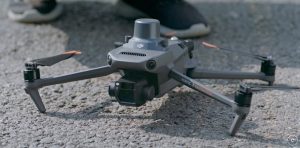


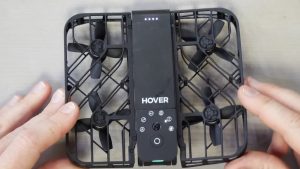



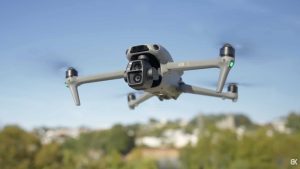
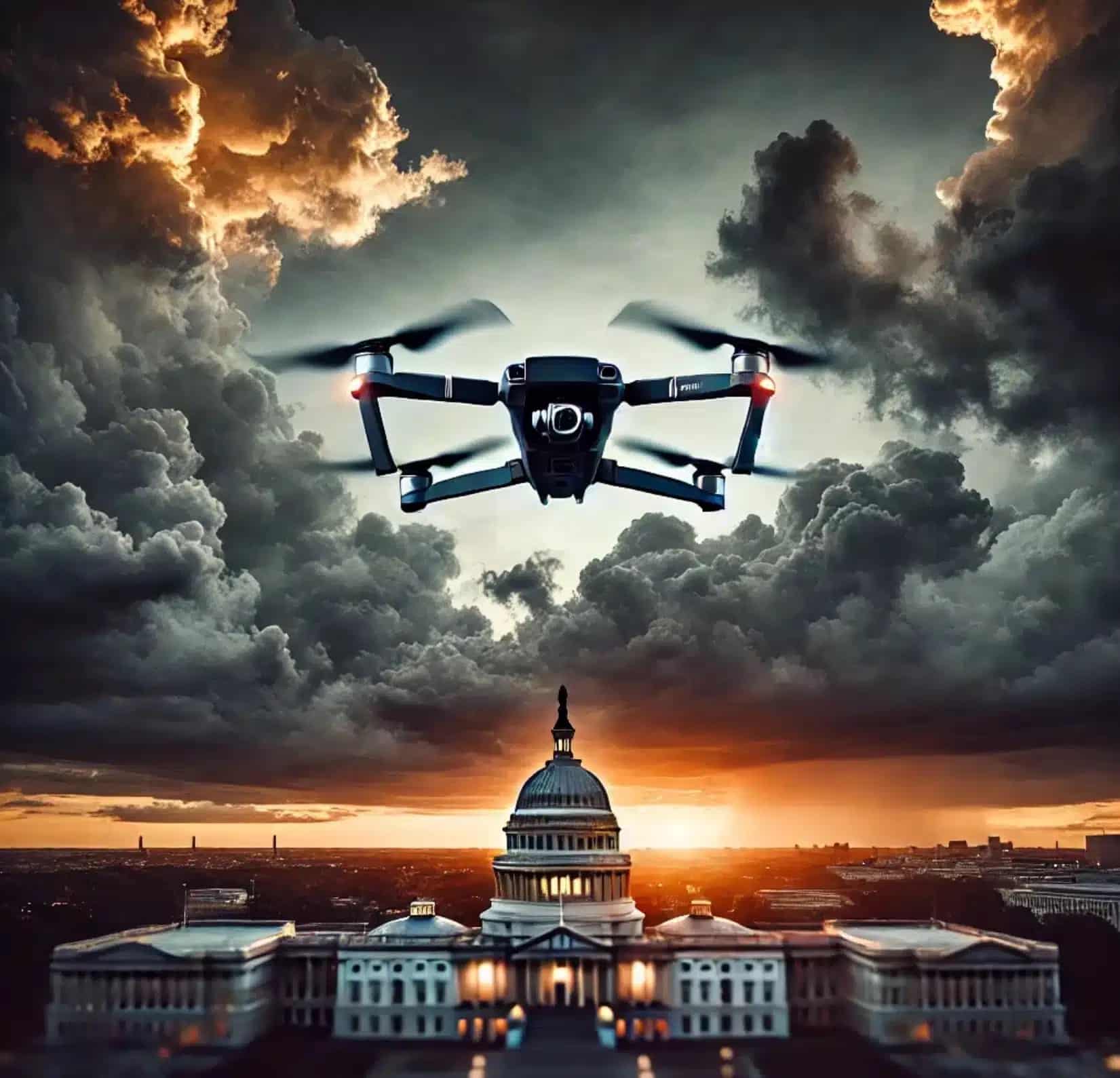
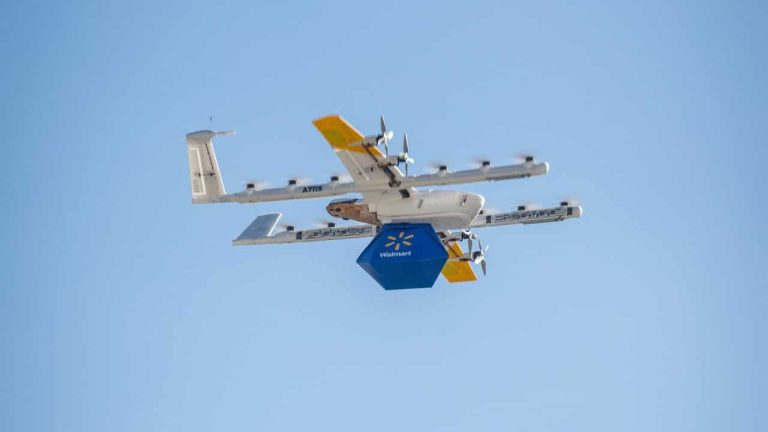
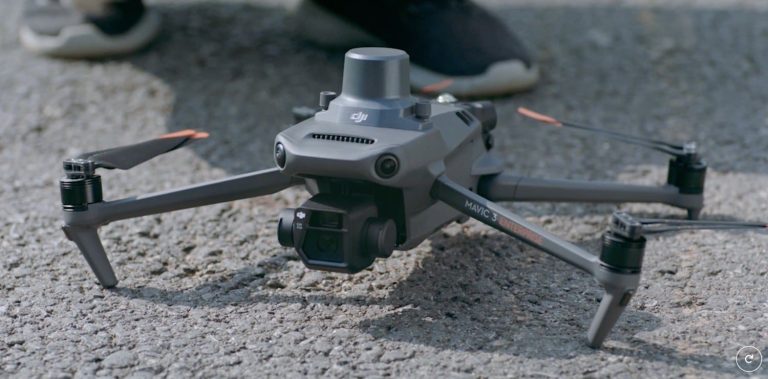

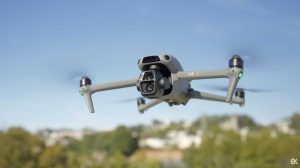

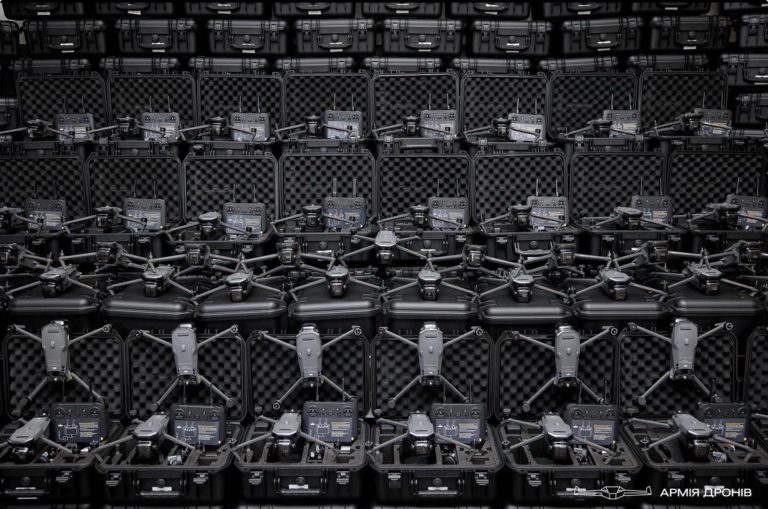
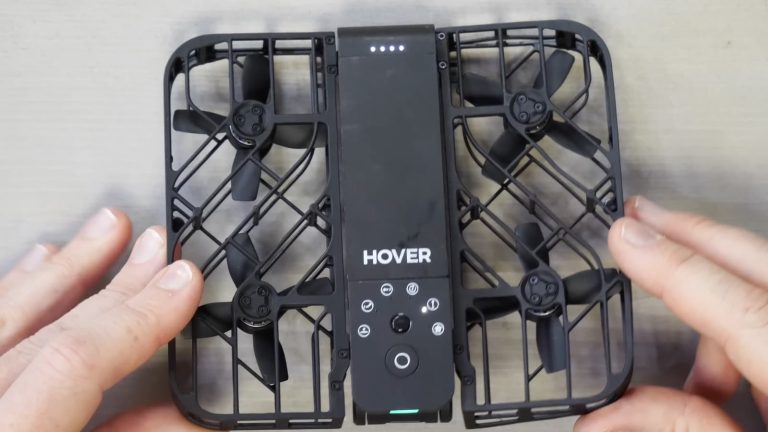



+ There are no comments
Add yours